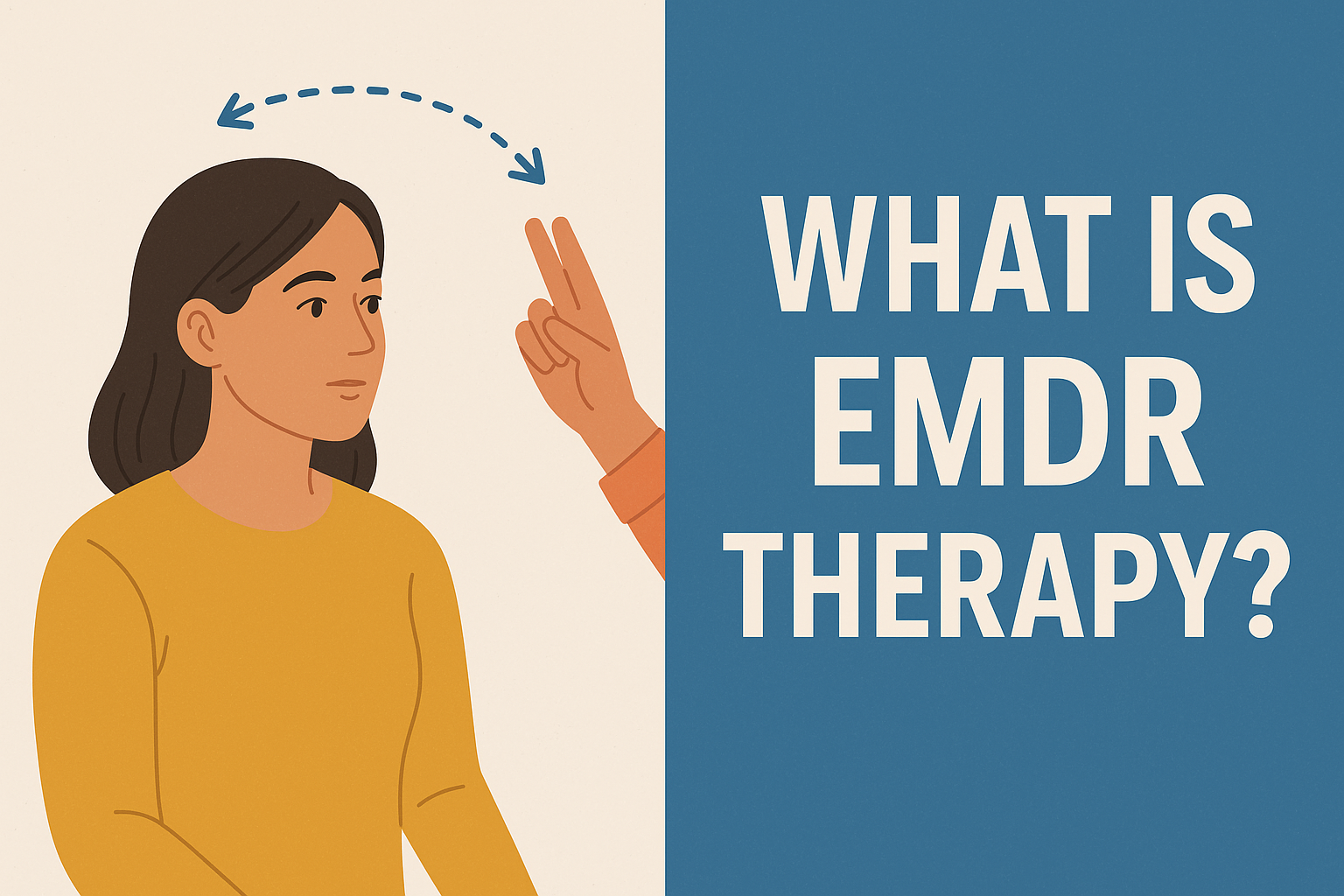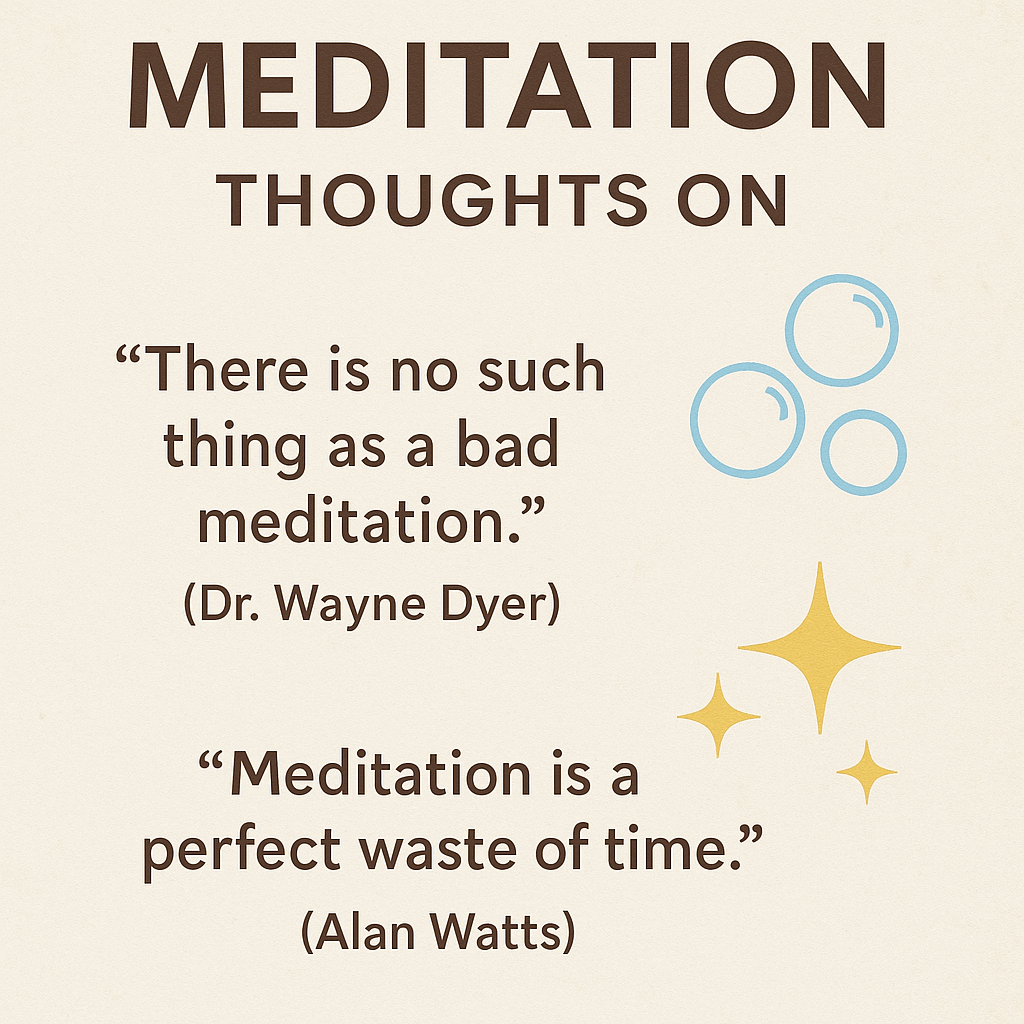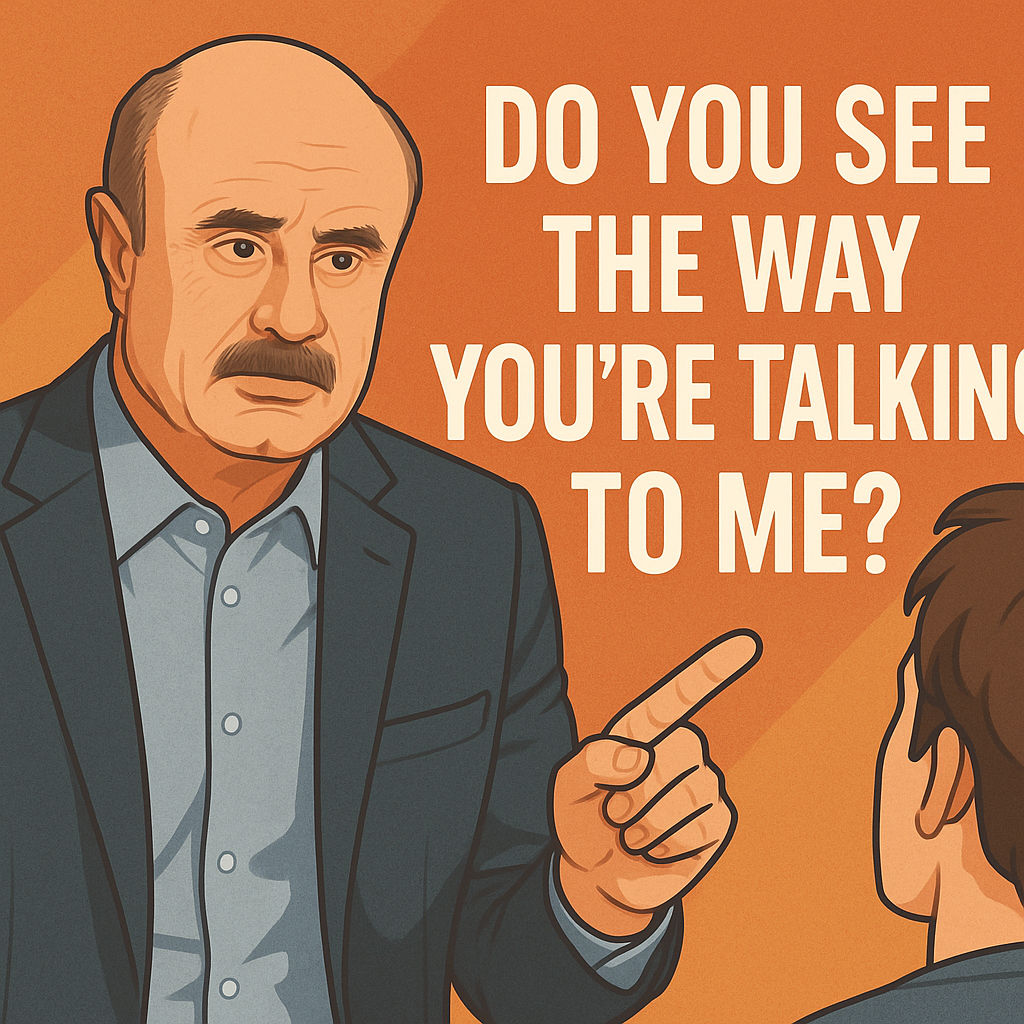People make mistakes because people are human. We build entire systems that assume we’ll slip—contracts, policies, accountability partners—and we also build trust by vouching for one another. When we label people “good” or “bad,” we can feel shocked when someone we love does something we believed was unimaginable. I’m keeping this broad on purpose, but let’s use infidelity as a clear example.
In the Therapy Room
As a couples therapist, I often meet partners facing a betrayal: one spouse has cheated; the other can’t trust them. I gather history, clarify treatment goals, and listen for what both hope to build—intimacy, connection, trust, repair. But there’s something in the way:
- Resentment and animosity
- Grudges and blame
- Feelings of betrayal, guilt, and shame
These reactions are human. They also break relationships—or, when faced and worked through, they can become the very pressure that forges resilience and long-lasting bonds.
What Forgiveness Frees You From
Resentment often wears familiar masks: judgment, ego, and even malice. So when does forgiveness truly happen? One touchstone I return to is Dr. Wayne Dyer’s idea that “there are no justified resentments.” I’ve revisited that teaching more times than I can count because it points to a simple truth: carrying resentment shackles me.
Across traditions, similar wisdom shows up:
- A Chinese proverb: “If you seek revenge, dig two graves.”
- A teaching attributed to the Buddha: if you don’t accept a gift, to whom does it belong?
- The example of Jesus: forgiveness offered even in the midst of suffering.
Different voices, same direction: forgiveness is the blanket that keeps communities from tearing themselves apart. It’s not about excusing harm; it’s about removing the poison of blame from your own system so peace can return.
The Real Blocker: Ego
A friend of mine says, “My ego is not my amigo.” Mine isn’t either. Ego insists, I deserve to be upset; I was wronged. And it’s right about the injury. But when I examine what brings me inner peace, I see I can’t live forever in a room wallpapered with resentment. I have to reach deeper—to forgive—so I can be free.
What Forgiveness Is (and Isn’t)
Forgiveness is:
- Choosing to release resentment so you can heal
- Taking responsibility for your side of the process (not theirs)
- Creating healthy boundaries that protect your well-being
- Practicing goodwill—wishing others healing—so you stop rehearsing the harm
Forgiveness is not:
- Approving of what happened or minimizing harm
- Becoming a doormat or tolerating ongoing abuse
- Skipping accountability, repair, or consequences
- Forgetting—your nervous system remembers so it can keep you safe
A Practical Path: From Resentment to Repair
- Name the wound. Say what happened and how it impacted you (emotionally, physically, spiritually). Vague pain can’t heal; specific pain can.
- Regulate first, then relate. Use grounding—breath work, movement, prayer/meditation—before hard conversations. Dysregulation fuels reenactment, not repair.
- Separate blame from responsibility. Blame keeps the focus on them; responsibility asks, “What do I need to reclaim my peace?”
- Set clear boundaries. Define what must change (transparency, therapy attendance, no-contact with the affair partner, etc.) and what happens if it doesn’t.
- Invite accountability. Repair requires consistent actions over time. Track follow-through, not promises.
- Practice goodwill. When intrusive loops arise, redirect: “May I be safe; may they be well; may we be wise.” This is for your nervous system, not their absolution.
In Cases Like Infidelity
Rebuilding trust is a process. Many couples choose to work through it; others part ways with dignity. In either case, forgiveness frees the injured partner from living inside the moment of harm. From that freedom, boundaries become clearer, choices become steadier, and life becomes livable again.
Freedom on the Other Side
Forgiveness isn’t becoming tolerant of everything. It’s accepting that people are human, establishing strong boundaries with toxic behavior, and refusing to let resentment steer your life. When we remove blame and choose responsibility, we don’t erase the past—we release its grip. That’s the freedom forgiveness offers.
Bottom line: You deserve inner peace. Forgiveness is how you make room for it.



